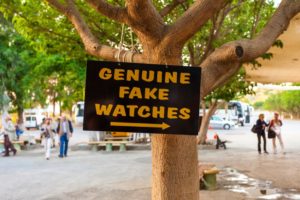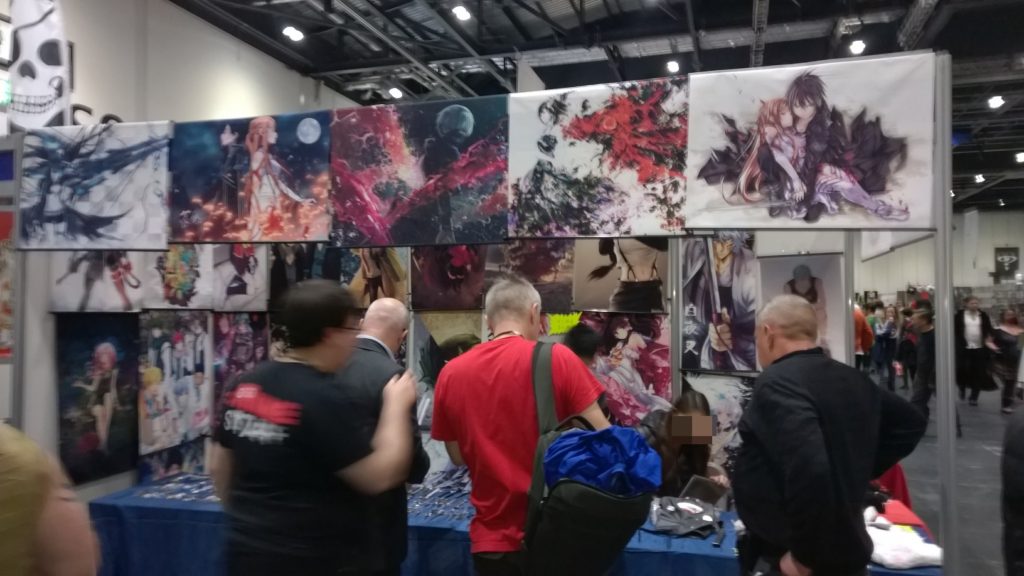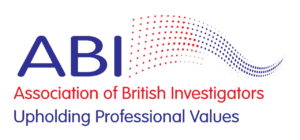A fraudster who sold £250,000 worth of fake T-shirts to buyers across the world from his garage in Stourbridge has been told by top judges that his two-year jail term was fully deserved.
Ian Guy, aged 38, was jailed at Wolverhampton Crown Court on May 27 after he admitted fraudulent trading and six trademark offences.
Guy was also ordered to pay back £130,000 of his ill-gotten gains which he has now done.
The father-of-three ran a business called Guy Tees selling counterfeit clothing on eBay out of his garage, Mr Justice Kerr told London’s Appeal Court.

The fake goods were sold all around the UK and Europe and as far afield as Australia, Russia and North and South America despite repeated warnings by trademark holders to halt his illegal activities.
Analysis of his computer equipment disclosed 2,500 files of trademark images and details of over 300 T-shirts and hoodies together with links to the state of the art printers that copied the counterfeit images on to blank clothing.
The fake T-shirts bore protected names including Porsche, Yamaha, The Beatles, The Ramones, Harry Potter and Call of Duty with the potential loss to trademark holders of £500,000.
Sending him to prison last May Judge Martin Walsh had told him: “This business undermined the integrity of legitimate commercial practice. It was significant in scale, displayed a high degree of professionalism but was run from your garage.”
The judge also ordered Guy to repay £130,000 within six months or face a further two years in jail and pay £18,500 costs to Dudley Council.
At the Appeal Court on Tuesday, Gurdeep Garcha, for Guy, said he had no previous convictions, had a young family and had made ‘good progress’ in custody.
Mr Justice Kerr, who was sitting with Lord Justice Treacy and Mrs Justice Carr, said they had ‘considered the submissions with care’ but ‘we find ourselves unable to accept them’.
Dismissing the appeal, he said Guy’s punishment was neither wrong in principle, nor manifestly excessive.





![trading-standards-jacket[1]](http://surelock.org/wp-content/uploads/2015/11/trading-standards-jacket1-300x189.jpg)

